MSF's work had included assistance to displaced persons, war surgery, programs for unaccompanied children and street children, support to victims traumatised by the conflict, programs to improve access to health care, responding to epidemics such as malaria, cholera, and tuberculosis, and projects linked to maternal and reproductive health.
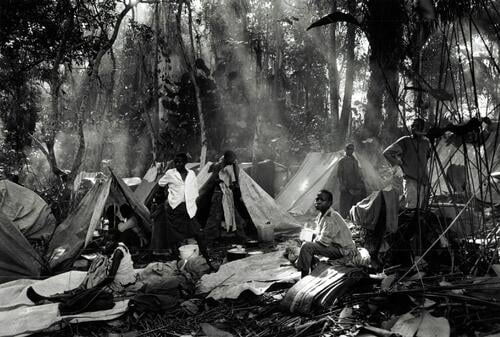
Rwandan genocide 25 years on: MSF caught in spiral of extreme violence from Rwanda to Zaire

Remembering the genocide more than 20 years on
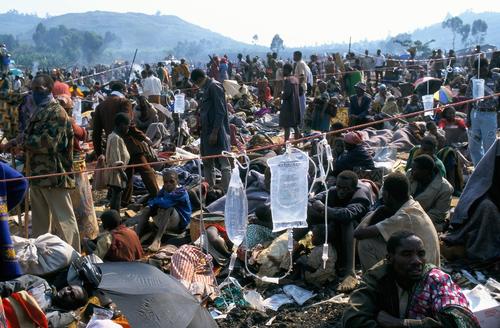
Interview with the authors of "Humanitarian Aid, Genocide and Mass Killings"
Humanitarian aid, genocide and mass killings
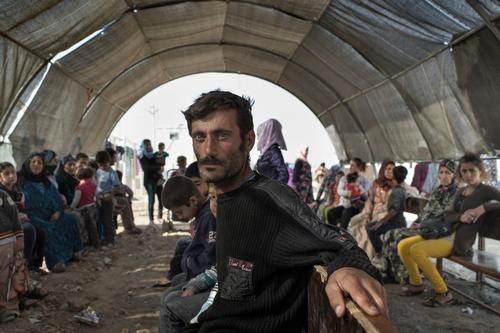
A Year in Focus 2013-2014
Paediatric Pharmacovigilance: Use of Pharmacovigilance Data Mining Algorithms for Signal Detection in a Safety Dataset of a Paediatric Clinical Study Conducted in Seven African Countries
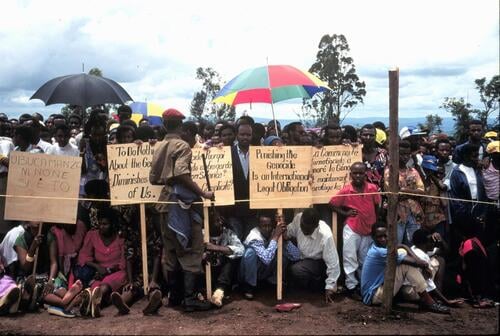
Rwanda, 20 years later: “I am left with a great sadness”
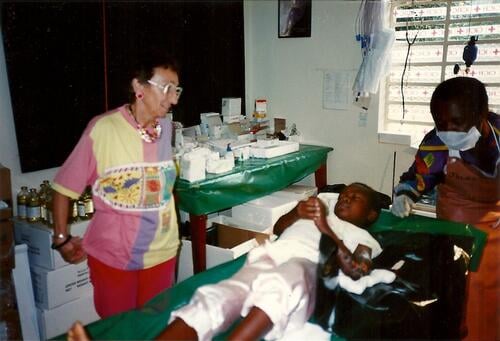
Twenty years after the Rwandan genocide: “We don’t talk about things that are hard to recount”

The violence of the new Rwandan regime 1994 - 1995

The world needs to know what is going on - portrait of a Rwandan seeking refuge

Sheer fear forces Rwandans to take flight




